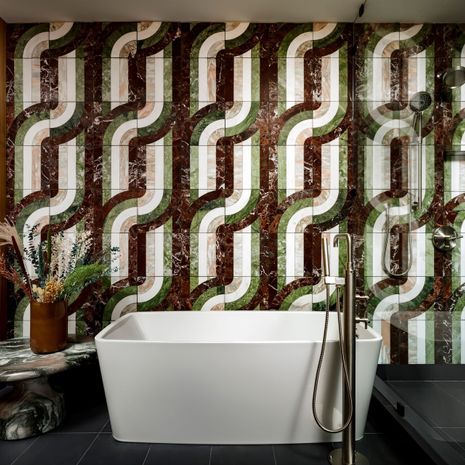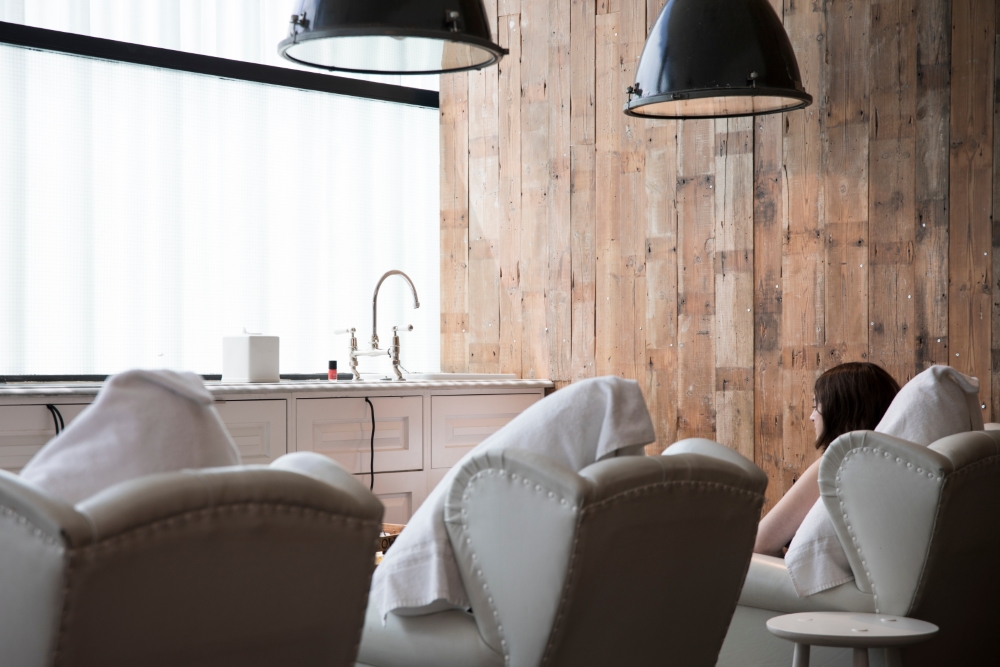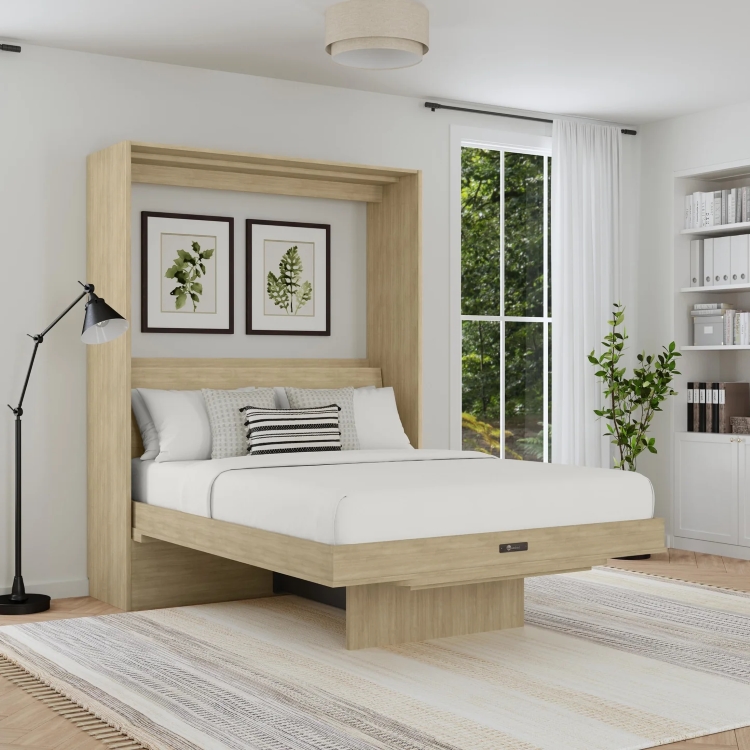
6 Guest Behavior Trends In Hotel Design in 2024
6 Guest Behavior Trends in Hotel Design in 2024
Introduction to Trendy Interior Design Styles in 2024
6 Hotel Technology Trends in 2024
New Hotel Brands and What We Can Learn About the Growing Trends in the Hotel Business
Introduction
The hospitality industry constantly evolves, with guest behaviour trends significantly influencing hotel design. In 2024, several key trends are emerging, driven by technological advancements, changing demographics, and a growing emphasis on sustainability and personalization. Here’s a look at the six most prominent guest behaviour trends shaping hotel design this year:
1. Emphasis on Sustainability and Eco-Friendly Design

As environmental consciousness grows, guests are increasingly prioritizing sustainable practices. Hotels are responding by incorporating eco-friendly design elements and operations:
Energy-Efficient Buildings: Use sustainable materials, solar panels, and energy-efficient lighting and HVAC systems.
Water Conservation: Implementation of water-saving fixtures, rainwater harvesting systems, and greywater recycling.
Waste Reduction: Minimizing single-use plastics, promoting recycling, and composting organic waste.
2. Integration of Advanced Technology

Technology continues to play a pivotal role in enhancing guest experiences. Hotels are integrating advanced tech solutions to meet these expectations:
Smart Rooms: Voice-activated controls for lighting, temperature, and entertainment systems.
Mobile Integration: Mobile check-in/check-out, digital room keys, and personalized app-based services.
Virtual Reality (VR) and Augmented Reality (AR): Offering virtual tours and AR-based information guides within the hotel premises.
3. Focus on Health and Wellness

The post-pandemic world has heightened the focus on health and wellness, influencing hotel designs to cater to these needs:
Wellness Amenities: In-room fitness equipment, yoga mats, and on-demand wellness programs.
Healthy Dining Options: Organic and locally sourced menus, plant-based food choices, and specialized dietary options.
Sanitization and Air Quality: Enhanced cleaning protocols, in-room air purifiers, and touchless solutions to reduce contamination risks.
4. Personalized Guest Experiences

Personalization is critical to modern hospitality, with guests expecting tailored experiences:
Customizable Rooms: Options to select room layouts, décor, and amenities based on personal preferences.
Data-Driven Personalization: Use guest data to offer personalized recommendations, special offers, and customized services.
Loyalty Programs: Enhanced loyalty programs that reward guests with personalized experiences rather than generic rewards.
5. Embracing Local Culture and Community

Guests are seeking authentic experiences that connect them to the local culture and community:
Locally Inspired Design: Incorporation of local art, materials, and cultural elements in hotel design.
Community Engagement: Partnerships with local businesses, artisans, and cultural institutions to offer unique experiences.
Destination Programming: Curated experiences such as local tours, cultural workshops, and community events.
6. Flexible and Multi-Functional Spaces

With changing work patterns and lifestyle preferences, guests are looking for flexibility in hotel spaces:
Hybrid Workspaces: Incorporating co-working spaces, high-speed internet, and business amenities for remote workers.
Modular Rooms: Rooms can be easily reconfigured for different uses, such as family stays, business meetings, or wellness retreats.
Adaptive Public Areas: Public areas are designed to serve multiple purposes, from social gatherings to quiet workspaces.
Conclusion
Hotel design in 2024 will be heavily influenced by guest behaviour trends focusing on sustainability, technology, health, personalization, local engagement, and flexibility. By staying attuned to these trends, hotels can create environments that meet their guests' evolving needs and expectations and enhance overall guest satisfaction and loyalty.
FAQs
1. What are the most critical sustainability features in modern hotel design? Sustainable features include energy-efficient systems, water conservation measures, waste reduction practices, and eco-friendly materials.
2. How is technology enhancing guest experiences in hotels? Technology enhances experiences through smart rooms, mobile integration, and VR/AR applications, providing convenience, personalization, and immersive experiences.
3. Why is health and wellness a significant trend in hotel design? The pandemic has heightened health and wellness awareness, leading to a demand for wellness amenities, healthy dining options, and enhanced sanitization protocols.
4. How do hotels personalize guest experiences? Personalization is achieved through customizable rooms, data-driven services, and loyalty programs offering tailored rewards and experiences.
5. What role does local culture play in hotel design? Local culture is embraced through locally inspired design elements, community engagement, and destination programming, providing guests with authentic and immersive experiences.
6. Why are flexible spaces important in hotels today? Flexible spaces accommodate changing work patterns and lifestyle preferences, offering multifunctional areas for work, socializing, and relaxation.
Understanding guest behaviour trends is critical for designing hotels that cater to modern needs. These trends can inform how you innovate hotel spaces to meet work and leisure demands. Additionally, by aligning with the latest technology trends, you can further enhance the guest experience.